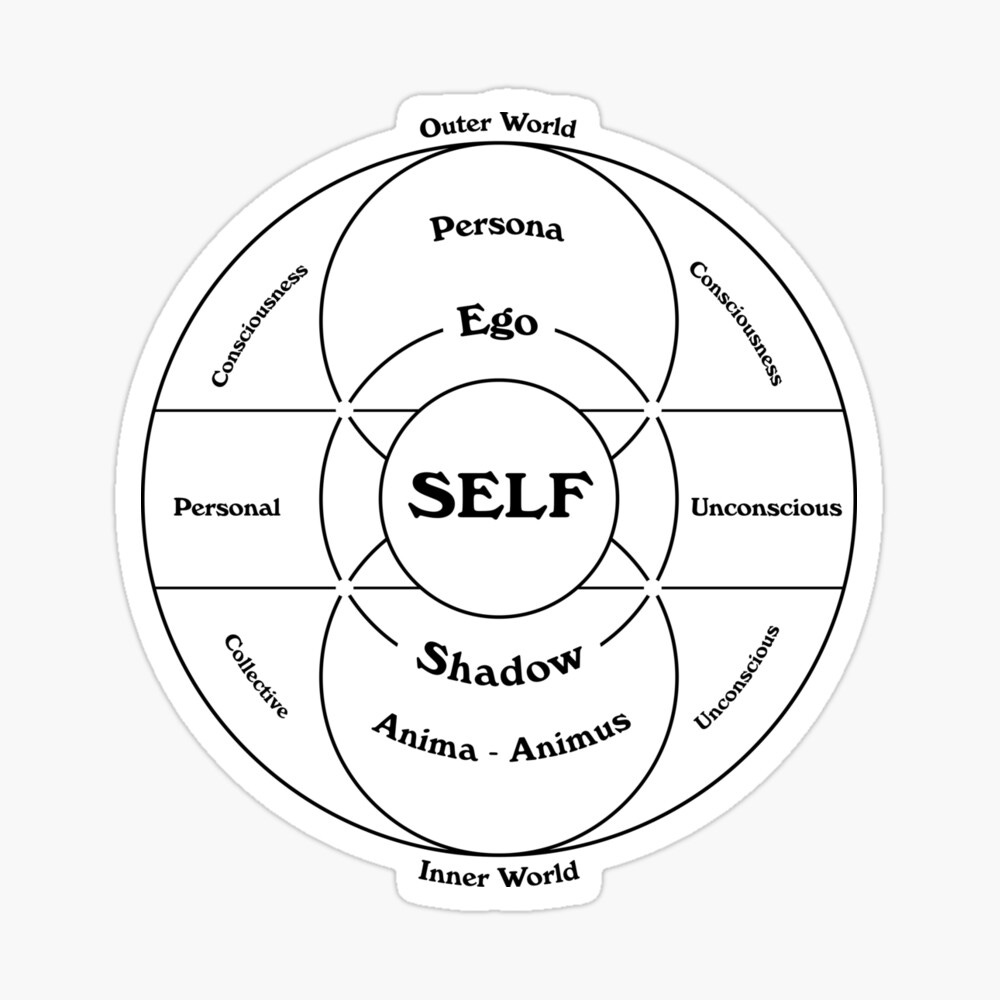Introduction
Ego consciousness, also known as self-consciousness, is a term used in psychology to describe a person’s awareness and perception of themselves as an individual. The concept of ego has been discussed extensively in various fields, including philosophy, spirituality, and psychology. In this blog, we will explore what ego consciousness is, how it affects our lives, and ways to develop a healthier relationship with our ego.
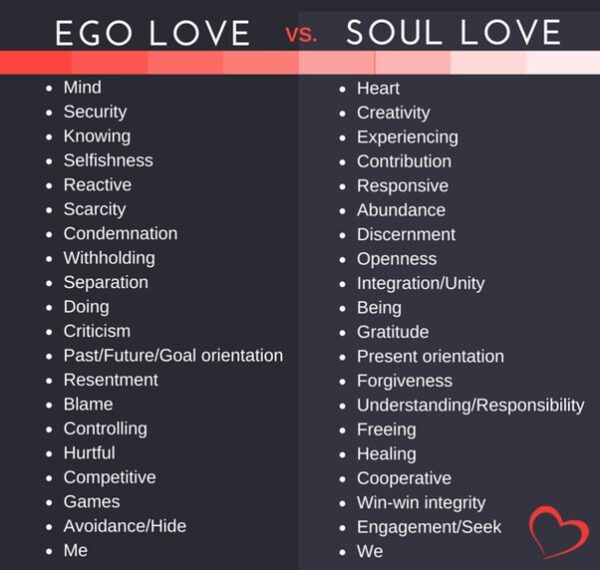
- Definition and origins of the concept of ego
- Freud’s psychoanalytic theory of ego and its three components
- Jung’s theory of ego and its relationship with the collective unconscious
- Differences between healthy and unhealthy ego
In Ego Consciousness, the individual is primarily focused on their own ego and their personal desires and needs. At this level of consciousness, the ego is the driving force behind all actions and decisions. The ego is the part of the self that identifies with individuality and separation from others. It is concerned with personal power, prestige, and status.
Individuals operating from this level of consciousness are often focused on material possessions and external validation. They may be driven by the need to accumulate wealth, power, and status symbols. They may also be very concerned with appearances and may feel a need to prove themselves to others.
It is important to note that there is nothing inherently wrong with operating from Ego Consciousness. In fact, it is a necessary stage of development for every human being. Without a sense of self and personal identity, it would be difficult to navigate the world and make decisions that are in alignment with our personal values and goals.
However, if an individual gets stuck in Ego Consciousness and is unable to move beyond it, they may experience a sense of emptiness or disconnection from others. They may find that their focus on personal gain and achievement ultimately leaves them feeling unfulfilled and unsatisfied.
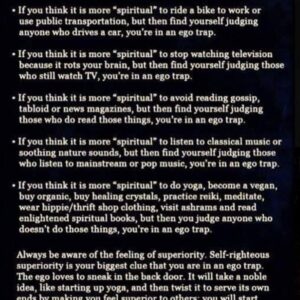
The key to moving beyond Ego Consciousness is to develop a sense of connection and compassion for others. This can be achieved by practicing empathy, actively seeking out opportunities to help others, and working to develop a sense of purpose and meaning that goes beyond personal gain.
As individuals move beyond Ego Consciousness, they may begin to experience a greater sense of connection to the world around them. They may begin to recognize the interconnectedness of all things and the impact of their actions on others. This shift in consciousness can lead to a greater sense of fulfillment and purpose, as well as a deeper sense of peace and contentment.
Characteristics of Ego Consciousness
Ego consciousness is characterized by several key traits that set it apart from other levels of consciousness. Some of these traits include:
Identification with the self: At the ego level, individuals are primarily identified with their sense of self. They see themselves as separate entities from others and the world around them. This identification with the self can lead to a sense of isolation and loneliness.
Focus on material success: Ego consciousness is often driven by a desire for material success and external validation. Individuals at this level may place a high value on possessions, status, and power.
Attachment to outcomes: Ego consciousness is characterized by a strong attachment to outcomes. Individuals at this level may become obsessed with achieving a specific goal or outcome and may become upset or anxious when things don’t go as planned.
Fear and anxiety: Fear and anxiety are common emotions at the ego level of consciousness. Individuals may worry about losing their status, possessions, or control, and may feel threatened by others who they see as competitors.
Limited perspective: Ego consciousness is characterized by a limited perspective. Individuals at this level may have a narrow view of the world and may struggle to understand or empathize with others who are different from them.
Lack of awareness: Individuals at the ego level may have limited self-awareness and may not fully understand their own motivations or behaviors. They may be more focused on external factors than on their own internal experience.
Resistance to change: Ego consciousness can also be characterized by a resistance to change. Individuals may cling to old patterns and beliefs, even when they no longer serve them, out of a fear of the unknown.
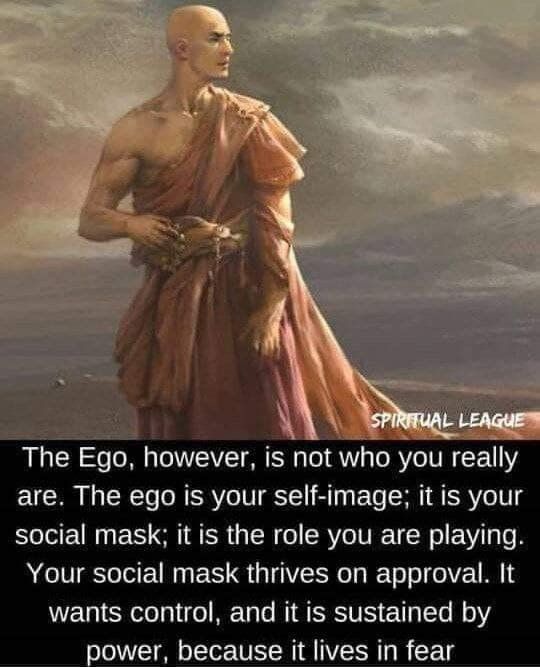
Understanding these characteristics of ego consciousness can help individuals become more aware of their own patterns and behaviors. By recognizing these traits, individuals can begin to take steps to move beyond them and towards a more expanded and evolved level of consciousness.

Now that we have a better understanding of what ego consciousness is, let’s take a closer look at its characteristics.
Self-centeredness: Ego consciousness is focused on the individual’s own desires, needs, and wants. It sees the world in relation to how it affects the individual and seeks to fulfill personal desires above all else.
Separateness: Ego consciousness sees the individual as separate from others, nature, and the universe. It creates a sense of isolation and a feeling of “us vs. them.” This can lead to conflict and competition instead of cooperation and harmony.
Fear-based thinking: Ego consciousness is often characterized by fear-based thinking, such as fear of failure, fear of rejection, fear of loss, or fear of the unknown. These fears can lead to feelings of anxiety, stress, and worry.
Attachment: Ego consciousness is attached to material possessions, relationships, and status. It values external validation and recognition and seeks to accumulate more to enhance one’s sense of self-worth.
Limited perspective: Ego consciousness sees the world through a limited perspective, based on personal beliefs, biases, and experiences. It may be resistant to new ideas and perspectives that challenge its own.
Reactive behavior: Ego consciousness often leads to reactive behavior, driven by emotions such as anger, jealousy, or pride. This can lead to impulsive actions and irrational decisions.
Resistance to change: Ego consciousness is resistant to change and often seeks to maintain the status quo, even if it is not serving the individual’s best interests. This can lead to stagnation and a lack of personal growth.
Lack of empathy: Ego consciousness can lead to a lack of empathy towards others, as the individual is primarily focused on their own needs and desires. This can lead to a lack of connection and understanding with others.
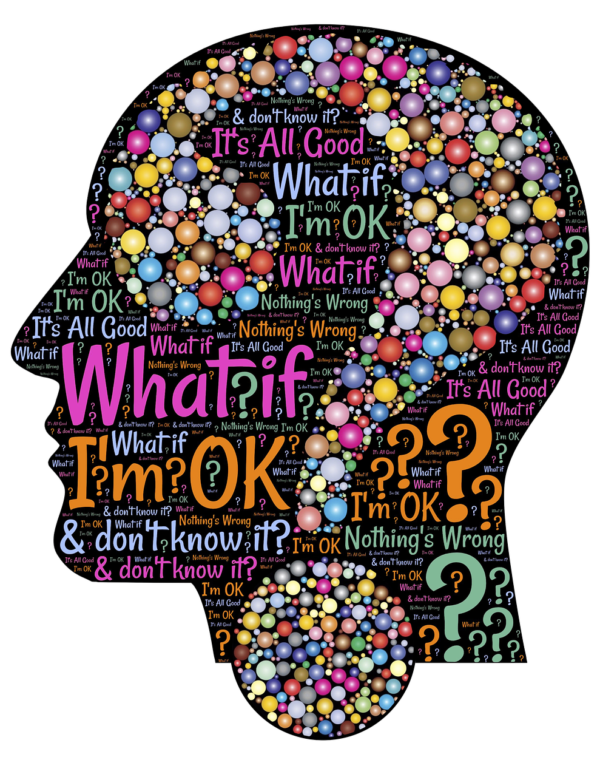
It’s important to note that these characteristics do not necessarily make ego consciousness “bad” or “wrong.” Ego consciousness is a natural part of human development and serves a purpose in helping individuals establish a sense of self and navigate the world. However, when it becomes the dominant mode of consciousness, it can limit personal growth and lead to negative consequences for both the individual and society as a whole.
How to transcend Ego Consciousness
Transcending ego consciousness is not an easy feat, but it is possible. Here are some tips to help you move beyond your ego and into a more expanded state of consciousness:
Mindfulness and meditation: Mindfulness and meditation practices can help you become more aware of your thoughts and emotions, and develop the ability to observe them without judgment. This can help you detach from your ego and gain a deeper understanding of your true self.
Self-inquiry: Engage in self-inquiry to understand the root of your egoic patterns and beliefs. Ask yourself questions like, “Who am I?” and “What do I truly want?” to gain deeper insights into your innermost self.
Letting go of attachment: Practice letting go of attachment to things, people, and outcomes. The more you let go of attachment, the less power your ego has over you.
Practicing compassion and empathy: Cultivate compassion and empathy towards others, which can help you move beyond your ego’s tendency to judge and criticize. When you recognize the interconnectedness of all beings, it becomes easier to let go of the illusion of separation created by the ego.
Engaging in spiritual practices: Engage in spiritual practices like yoga, tai chi, or chanting, which can help you connect with a deeper sense of consciousness and move beyond the limitations of the ego.
Remember that transcending ego consciousness is a gradual process, and it requires consistent effort and practice. Be patient with yourself, and celebrate every small victory along the way.
Ego Consciousness is a critical level of consciousness that all humans must pass through during their spiritual journeys. At this stage, individuals identify themselves as separate beings and may feel a sense of superiority or inferiority in relation to others. However, it is important to recognize that this level of consciousness is not a final destination, but rather a stepping stone towards higher levels of consciousness.
To move beyond Ego Consciousness, individuals must begin to recognize the interconnectedness of all beings and develop empathy and compassion for others. This can be achieved through practices such as mindfulness, meditation, and self-reflection. By transcending the limitations of the ego, individuals can unlock their true potential and experience a deeper sense of fulfillment and purpose in life.
It is essential to note that the ego is not inherently negative or something to be eradicated. Instead, it is a natural part of the human experience, and its development is necessary for individuals to function in the world. However, when the ego becomes too dominant, it can lead to negative behaviors such as greed, selfishness, and aggression. Thus, it is crucial to balance the ego with a sense of connection and compassion towards others.
Ego Consciousness is a crucial stage in the evolution of human consciousness. By recognizing its limitations and developing empathy and compassion, individuals can transcend the ego and move towards higher levels of consciousness, leading to a more fulfilling and meaningful life.

